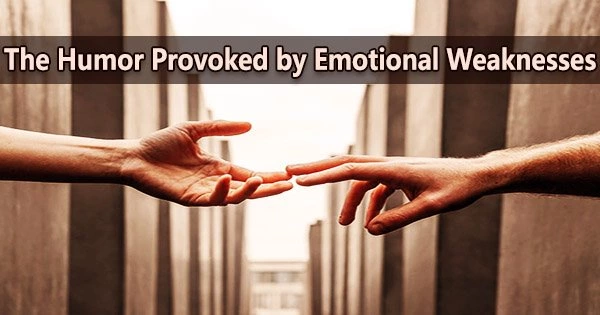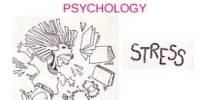Emotional vulnerabilities are aspects of an individual’s emotional makeup that make them susceptible to emotional distress or pain. They can be caused by various factors, such as past trauma, negative life experiences, or a lack of emotional support. Emotional vulnerabilities can affect individuals in different ways and may lead to feelings of anxiety, depression, or low self-esteem.
What would life be without emotions? Very dull and extremely short.
Our feelings influence the decisions we make about what actions to take or not to take. For instance, desire and curiosity lead us in the direction of our goals. We avoid dangerous circumstances out of fear and revulsion. Love urges us to protect someone we depend on, and anger drives us to respond negatively to outcomes.
As we move through our physical and social settings, we experience happiness, embarrassment, pride, grief, excitement, remorse, relief, and disdain. Emotions control almost every aspect of our life in conjunction with fundamental physical urges like hunger, thirst, and lust, making them crucially necessary and their improper use potentially dangerous.
It is possible to develop, uncover, or alter emotional qualities and inclinations in order to show vulnerability, which is the key component of laughter. Virtually any emotion, mood, or personality trait can be tapped for humor.
We can create emotions like fear, envy, guilt, gluttony, exhilaration, desperation, and retribution, then magnify them past their usual limits or remove them from situations where they would normally be present. We can convey some sense of emotional vulnerability that hinders essential life functions but may also foster amusement.
An elderly man showing gentlemanly interest in a beautiful but much younger woman can have unwholesome intentions, as we might try to make fun of him.
We could react with mock fury when a carriage horse deigns to urinate in front of our date or with utter terror when a youngster comes at us with a toy gun. These emotional deviations from the norm mirror vulnerabilities that are to a lesser extent present in regular human activity.
We have the ingredients for funny when we exaggerate our sensation of shame or wrath, call attention to someone else’s somewhat justified fear or desire, or simply shock someone. Cowardice, vanity, and remorse are just a few of the numerous emotional traits that are incorporated into this style of humor, whether they are expressed directly or are only attributed to a fictional character.
Although emotions tend to be more influenced by cultural norms than physical humor, it is not quite as widely accepted as physical humor. In one society, a display might look out of proportion, while in another, it might be quite typical.
Situations that might inspire mild embarrassment (and thus seem amusing) to members of one religion might be considered sacrilegious or insulting to another.
Playing up emotional vulnerabilities can, however, be a rich source of amusement if social expectations are properly considered as well as the appropriate signs for indicating hilarious intent.
Here are three examples of humor derived from people’s emotional reactions. The first is a prank that creates feelings of jealousy and disapproval. The second highlights guilt and regret. And the third situation is one designed to generate feelings of…well, let’s just say joy and excitement. Each strikes the audience as being either undeserved or out-sized.
Consider how the characters’ emotions are purposefully twisted, exaggerated, or suppressed for comedic effect the next time you’re watching your favorite sitcom or comedy film. It’s a tried-and-true technique.
















